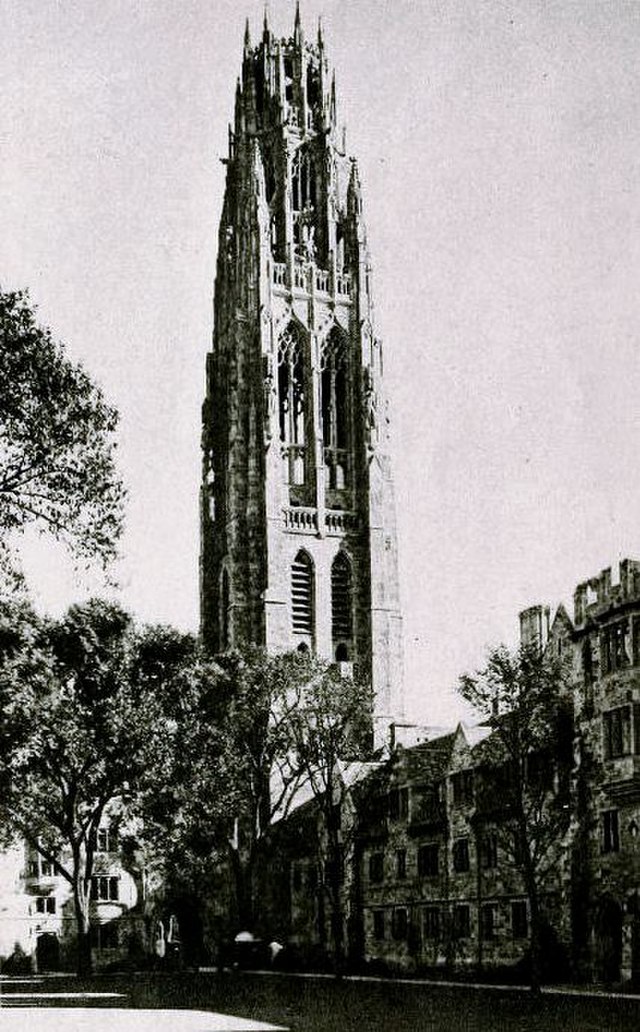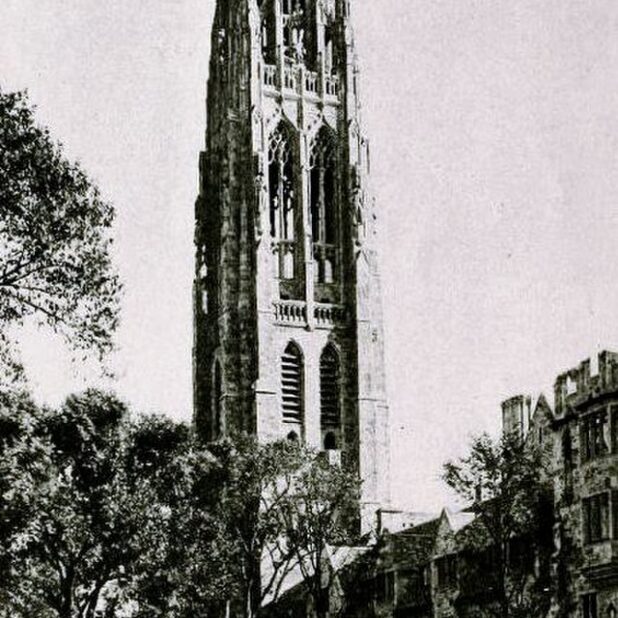Most Yale students have probably never seen New Haven on Christmas Day, or New Year’s Eve, or the first few days of January when everything is dead quiet on Elm Street and only a few footprints dot the snow on Cross Campus. A lot of international students have. There is a particular point at the beginning of most school breaks when I notice the exodus. The kids with suitcases wait on street corners, in front of their dorms, by shuttle stops, outside Phelps Gate. They have their phones in their hands, making sure their ride will be on time to scoop them up. But then, a few hours later, the kids with suitcases are gone, and I begin to take stock of the stragglers left wandering down Broadway at 4 p.m. “Oh, I recognise them from the international students’ orientation,” I think to myself.
It has always been hard for international students to go home during shorter vacations, like Fall Break or Thanksgiving Break—a few days don’t cut it for a trip to Australia or Hong Kong or Ghana. There’s no Metro-North to China, and your parents can’t pick you up and drive you back to Kenya while you sleep in the backseat. Still, longer breaks, over winter and summer, usually allow international students the time to visit home and see their families. But, since March 10, 2020, when President Salovey sent out his pandemic-induced email instructing all students to remain home or return home as soon as possible, international students have been navigating government quarantines, border closures, flight cancellations, and heightened travel risks. For many of us, this has meant being stuck in the U.S., usually in New Haven, for the longest we ever have been.
Alara Degirmenci ’23, who is from Istanbul, stayed in New Haven for over eighteen months without seeing her family over the pandemic. Ha Uyen Nguyen ’23 still hasn’t been back to Vietnam since winter break during her first year, over three years ago. Teigist ‘Tiggy’ Taye ’22, my roommate, was stuck in New Haven for over a year and a half before she returned to Kenya this past summer. Mimi Kostoska ’21 spent a year in her Dwight Street apartment before she could fly home to Macedonia. I arrived back in New Haven to start my junior year in early August 2020, and I haven’t been home to Australia since. Almost every international student has a story like these.
This isn’t a cry for pity, though. Many of us who were stuck here over the pandemic made a home; we found ways to create family, to support each other, and to stop ourselves from going insane as the time stretched on and on. My roommate Tiggy has a kind of brain fog when remembering the winter break we spent together last year. “To be honest, I don’t remember a lot of it,” she texted me. “There were some extremes. I remember getting very drunk with my roommate [me] and taking out the trash in our underwear in the freezing snow because ‘Why the fuck not?’ I remember telling myself that it would be a great time to make a lot of paintings. I think I made about two little ones the whole holiday.” Despite every intention to stay mentally healthy and paint and do yoga and read even one book over the break, we lost our sense of time together. We stayed up till 4 a.m. painting the walls in our living room, we watched all of Bridgerton, and we drew giant faces in the snow outside our house in the middle of the night.
Tiggy and I lived in a six-bedroom house last year and our American roommates dropped like flies around the holidays, except for one, Jordan, who also stayed to celebrate Christmas and New Year’s with us. We gave each other little presents we bought from deserted stores on Chapel Street, we decorated a Christmas tree in our living room, and we watched Love Actually. We made a big dinner and invited over Ha Uyen and her roommate Michelle, who couldn’t go home to California. We drank mulled wine and sat at a table like a proper family. We said what we were grateful for, we shared a highlight of the year, and we probably avoided the topic of home. This was it for the time being, this was home. Tiggy remembers our makeshift party of five people that we hosted to ring in the new year: “We had a very small New Year’s Eve celebration which included projecting the ball drop on our wall and wearing cowboy boots.” We didn’t have enough people to make three pairs who could kiss at midnight, but it didn’t matter; five people felt like a crowd that winter.
Alara also remembers last year in New Haven as one filled with moments of pseudo-family and root-building in this city. When I messaged her about how she feels after being in this city for so long, she sent this reply: “I love how small New Haven is that I run into friends on the streets all the time with whom I can exchange smiles and Hi’s with that make me feel at home and gives a sense of belonging.” Having moved off campus last year, she also recalls the special moments of hosting and being hosted in homey spaces in New Haven: “I think last year having a lot of small gatherings and dinners at people’s apartments during the pandemic made it feel a lot more like home and family.”
But no matter how many dinner parties and Friendsgivings and Friendsmases you attend, it’s still tough to be caught between two countries. Mimi remembers struggling being away from family over the holidays. “Last winter was pretty lonely and difficult especially since this was the longest time I was away from home and the first Christmas and New Years I spent not at home,” she texted me. Over winter break, Mimi and I hung out in her apartment on Dwight Street, just a block down from my house. We watched episodes of Friday Night Dinner and she gave me a three-hour lesson about Balkan history before I trudged home through several feet of untouched snow. Mimi and I hardly ever hung out during the school year, but over the break we did—when we needed it. Mimi loves to talk about Macedonia and I love to listen. When I texted her about how she felt about her relationship to home, she replied with this message: “I realized that when I don’t go home for longer than 6 months I start to lose that part of me, the Macedonian part…That’s why I decided that I will go this winter even if it’s for two weeks. Luckily I have the privilege to do so.” Mimi is counting down the days (twenty-four, as of our interview) until she flies back to Macedonia.
As news of the Omicron variant started breaking in late November, we faced a familiar crisis. As I am writing this piece, we are still waiting for any conclusive news about how the new strain may impact winter travels. Ha Uyen is planning to return to Vietnam for the first time in three years. I have a flight booked to go home after my finals finish. Tiggy is going to spend Christmas with her family in Kenya. Alara can’t wait to be with her parents in Turkey. Will any of us get home? Will borders close again? Will stricter quarantines come back? Will we be able to get back to the US?
Tiggy reminds me that we have roots here now; we have a little international family that could spend Christmas together again. We could decorate another tree and glaze a ham for three hours on the morning of the 25th. We would be grateful for it. We would have some semblance of normalcy. But, truthfully, after a year and a half in this city, I think we all just want to be the kids with the suitcases.
Will Sutherland is a senior in Grace Hopper College and an Associate Editor of The New Journal.



